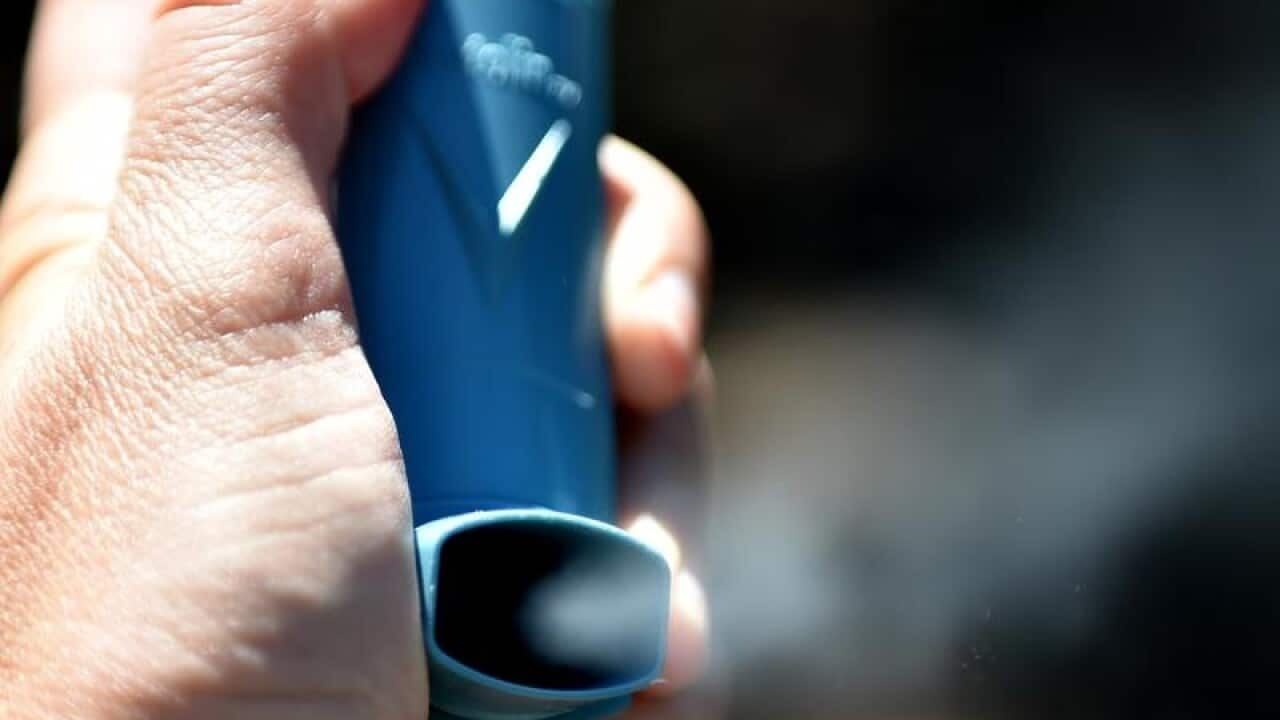Australia is at risk of a fatal thunderstorm asthma event and allergic attacks due to the effects of climate change, research reveals.
Higher temperatures may lead to production of more fungal spores and indoor moisture and mould growth, which can cause allergic reactions, a review of international evidence published on Thursday reveals.
"It could be argued that these impacts pose a serious climate change-human health risk to Australia and they should, therefore, be among Australia's climate change-human health priorities," lead researcher Macquarie University Associate Professor Paul Beggs said.
The review, published in the latest issue of Public Health Research & Practice, reviews international studies since 2000 relating to climate change, allergens and allergy.
"Australia is highly vulnerable to any adverse impact of climate change on allergens and allergic diseases," it says.
"This underlying vulnerability was highlighted in November 2016 when the world's largest, most catastrophic epidemic thunderstorm asthma event occurred in Melbourne."
Ten people died during or soon after a thunderstorm asthma event in Melbourne on November 21, 2016 which saw an unprecedented surge in demand for ambulances.
A combination of high pollen levels, strong winds, hot temperatures, air moisture and a cold front triggered severe asthma attacks.
The review notes allergic illness is already a "very significant" public health issue in Australia, with prevalence of asthma among the highest in the world.
Assoc Prof Beggs said Australian-focused research was "urgently needed" because almost all research about climate change's effects on allergies came from overseas involving different climates and allergens.
The study said allergen monitoring here is poor with no national or state body responsible for monitoring, reporting and forecasting environmental allergens.
Victorian coroner Paresa Spanos last month called more research into meteorological, biological and aerobiological factors which caused thunderstorm asthma.

